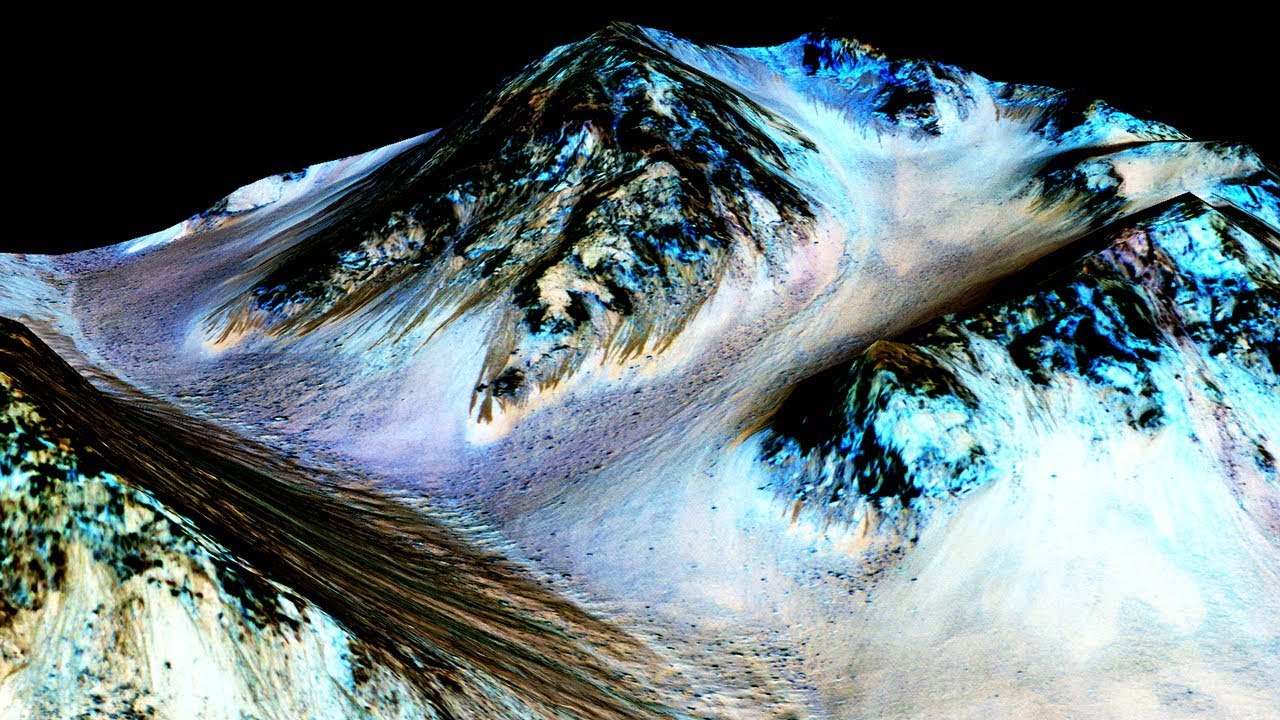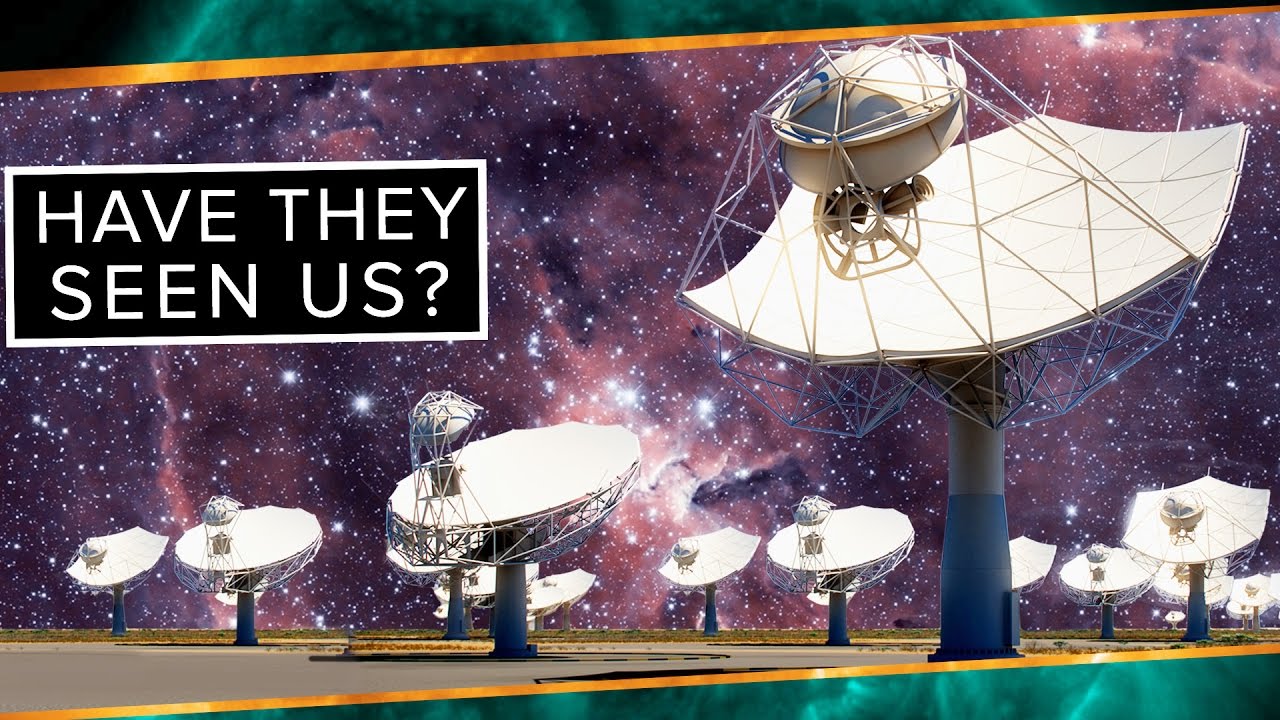
NASA has launched their first yearlong crewed mission to the International Space Station!
No American has lived in space for more than 215 days—Scott Kelly will be the first. And to make things even more interesting, he is a twin. NASA will use the opportunity to study the effects of spaceflight on astronauts. The research—dubbed the Twins Study by NASA—will consist of 10 investigations, ranging from how spaceflight affects their eyesight to gut bacteria to changes in gene activity.
“We realized this is a unique opportunity to perform a class of novel studies because we had one twin flying aboard the International Space Station and one twin on the ground,” said Craig Kundrot, deputy chief scientist of NASA’s Human Research Program. “We can study two individuals who have the same genetics, but are in different environments for one year.”
Scott Kelly and his twin brother Mark Kelly, a retired NASA astronaut, have launched extremely similar career trajectories: They have both been naval aviators, Navy test pilots, and astronauts. However, while the duo have lived in space, they have never done so at the same time.
This yearlong mission is part of a study aimed at understanding the physical and psychological toll of floating through life (in the most literal sense of the word). While flying weightless through pressurized modules is fun, it does have its drawbacks. Space is a harsh environment for the human body: Muscles weaken, bones become more brittle, eyeballs warp in shape, and the heart doesn’t beat as well.
“We’re doing this so that we can mitigate those effects, so we can eventually go beyond low-Earth orbit one day and explore further than we’ve gone before,” Kelly told The New York Times. The research is in preparation for a possible three-year round trip mission to Mars.
Scientists have found one way to mitigate the rapidity of muscle loss: It is vital astronauts aboard the ISS don’t shirk their workouts. If they do, their bone and muscle mass quickly deteriorate—much faster than on Earth because they don’t have the weight-bearing effect of gravity.
While no American has stayed in space for longer than 215 days, a longer feat has been achieved by Russian cosmonauts. The record-holder for the longest time spent in space for a single duration is Valeri Polyakov from Russia at 437 days. The man who has spent the most cumulative time in space is Sergei Krikalev at 803 days, spread out over six spaceflights.
For Scott Kelly, this is his fourth time in space, which means he will have spent more than 500 days in space when he returns to Earth in March 2016. With him is Russia’s Mikhail Kornienko, who is also living aboard the ISS for the next year, and Gennady Padalka, who is staying for six months and upon completion will surpass Krikalev’s record with a total time of 878 days.
Via IFL Science






